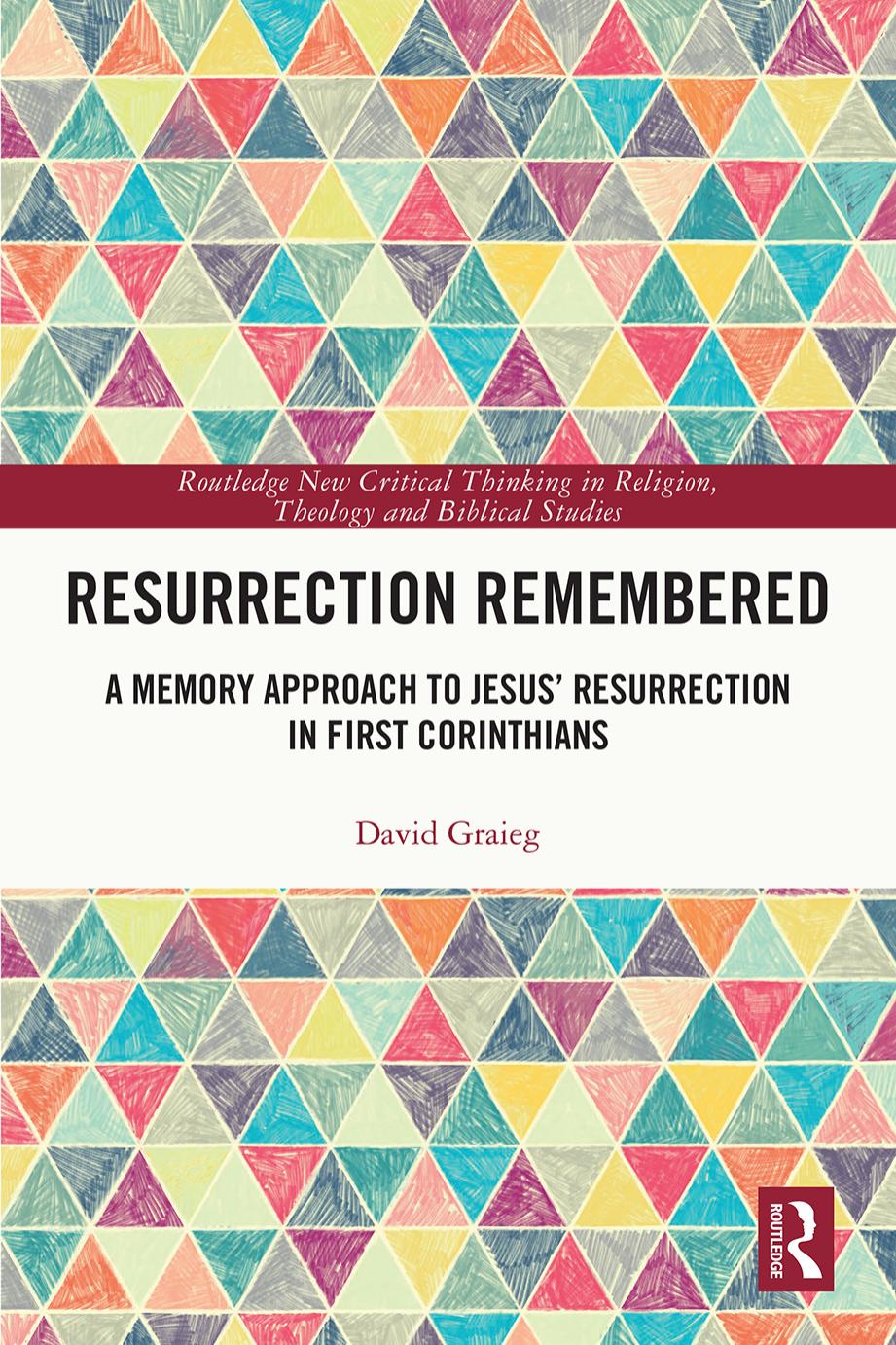

Most ebook files are in PDF format, so you can easily read them using various software such as Foxit Reader or directly on the Google Chrome browser.
Some ebook files are released by publishers in other formats such as .awz, .mobi, .epub, .fb2, etc. You may need to install specific software to read these formats on mobile/PC, such as Calibre.
Please read the tutorial at this link: https://ebookbell.com/faq
We offer FREE conversion to the popular formats you request; however, this may take some time. Therefore, right after payment, please email us, and we will try to provide the service as quickly as possible.
For some exceptional file formats or broken links (if any), please refrain from opening any disputes. Instead, email us first, and we will try to assist within a maximum of 6 hours.
EbookBell Team

4.8
94 reviewsThe transmission of the oral tradition occurred in various ways, including the overlooked fourth model—“formal uncontrolled.” Consideration is given to an examination of the philosophy and psychology of memory (including past and new research on (1) the constructive nature of memory, (2) social memory, (3) transience, (4) memory distortion, (5) false memories, (6) the social contagion of memory, and (7) flashbulb memory). In addition, this is the first New Testament study to consider the insights for a memory approach from the philosophical considerations of (1) forgetting and (2) the theories of remembering and from the psychological studies on (1) memory conformity, (2) memory and age, and (3) the effects of health on memory. It is argued that Paul remembers Jesus as having been resurrected with a transformed physical body. Furthermore, the centrality of Jesus’ resurrection in Paul’s theology suggests it was a deeply embedded memory of primary importance to the social identity of the early Christian communities.
New Testament scholars and students will want to take note of how this work advances the discussion in historical Jesus studies. The broader Christian audience will also find the apologetic implications of interest.